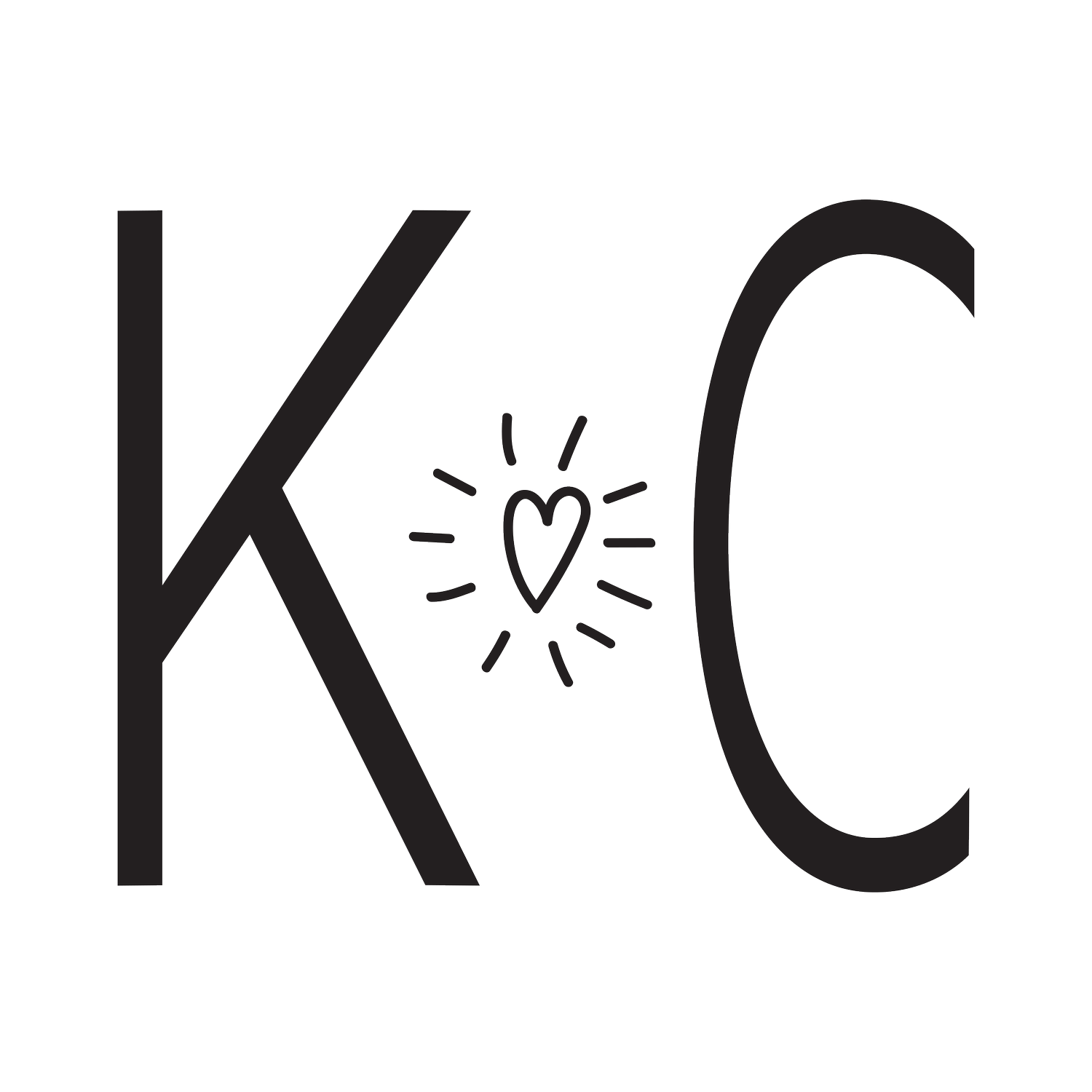BIO
Katie Curley, whose music New York Music Daily has described as “one of the most distinctive sounds in country,” always suspected that her desire to write songs and perform them might one day propel her out of the woods of her childhood home in Washington State (not far from where Loretta Lynn penned her first hits). She just wasn’t sure how. “Growing up in a rural area, I always wanted to live in a big city,” explains Curley. “My interest in country music came later.”
Born in Pear Blossom, CA in the Antelope Valley of the Mojave Desert, Curley has no memory of the ranch her parents rented there for $1 per month, because shortly after her arrival, they moved to the LA suburb of Pomona. There, Curley recalls, “The neighbors had a pool. We had citrus trees. And I had a collie named Sheba who would visit me every night when I would let her in by the sliding glass door of my bedroom even though I wasn’t supposed to.” Before her fourth birthday, there was another, more substantial move to Washington, where her paternal grandparents had retired to a remote piece of forested land near Puget Sound.
When Curley was eight years old, an uncle, who had once been a professional jazz pianist in San Francisco, died of cancer. After the death of his brother, her father took her aside, informing her that he wanted her to learn how to play piano. Shortly thereafter, she began taking lessons.
Throughout elementary school, Curley attended a non-denominational church with her family, where unbeknownst to her, she had made a name for herself as the congregation’s loudest and most out-of-tune singer. After overcoming her pitch problems through vocal lessons discretely arranged by her mother with the church organist, she was invited to join several youth choirs and orchestras. At eighteen, she left home on a scholarship to study classical harp at SMU in Dallas. By her early 20’s, she was living in New York, trying to stay afloat as a songwriter and performer.
Curley’s influences were wide ranging. As a teenager, she had had the opportunity to see live music regularly, with big names coming through Seattle and the Gorge, a thriving local punk scene, and friends with similarly voracious appetites for music across genres.
It wasn’t until she was nearly thirty that Curley discovered an affinity for country music specifically. Wandering the stacks at the Seattle Public Library in the midst of recovering from a breakup, Curley came across a book called Finding Her Voice: The Saga of Women In Country Music and devoured it in a couple of days, inspiring her to seek out many of the recordings mentioned in the book and learn some of her favorites, including Loretta Lynn’s “Honky Tonk Girl,” which remains a staple in her live shows. “I had of course heard country music growing up, being president of the 4-H club and all,” says Curley, “But it had never affected me that way before.”
Back in New York, Curley met and began playing music with fellow Washingtonian, guitarist Brendan Curley. The two, now married, formed the band Bourbon Express, which released two albums before dissolving during the pandemic. Their second album, Cry About It Later, produced by Eric “Roscoe” Ambel (Sarah Borges, Bottle Rockets), elicited a buzz in the NYC country music scene. New York Music Daily called Bourbon Express “as good as it gets in hard honkytonk” and No Depression praised Curley’s “authenticity” as a songwriter.
Penny For My Heartbreak, also produced by Ambel, is Curley’s debut as a solo artist. “For me, it was wonderfully freeing to work with ‘Roscoe’ again,” says Curley. “I knew I could trust him with my songs.” The resulting sound mines the fertile ground where country and rock meet, nodding at times to masters who’ve strutted that line like Waylon Jennings and others who’ve flirted with it like Dolly Parton, an ideal setting for Curley’s songs and the fabulous players on the album.
Much of the writing for the album took place during the “pause” in NYC and subsequent lifting and reinstating of restrictions during the pandemic. Curley experienced a creative surge during this period. “There was a little girl across the street from our apartment building who would go wild every time the UPS truck pulled up in front of her house,” says Curley. “We’d see her running toward the truck, arms outstretched, screaming with delight. Each time an idea for a song would show up in my brain, it was like that. All I wanted to do was unwrap the surprise, and while I was doing that everything else just fell away.”
Penny For My Heartbreak’s opening line, “I’ve been missing all my friends and all my favorite bands,” refers to feeling lonely and missing nightlife during the pandemic. Curley’s solution, “Tonight I’m breaking in my brand new DIY honky tonk,” kicks off the record and starts the party. What follows is thoughtful reflection, rage, wistfulness, nostalgic exuberance, and an invocation of supernatural spirits.
“Making and releasing this record is an absolute dream come true and a gift,” says Curley. “I hope you like it!”
